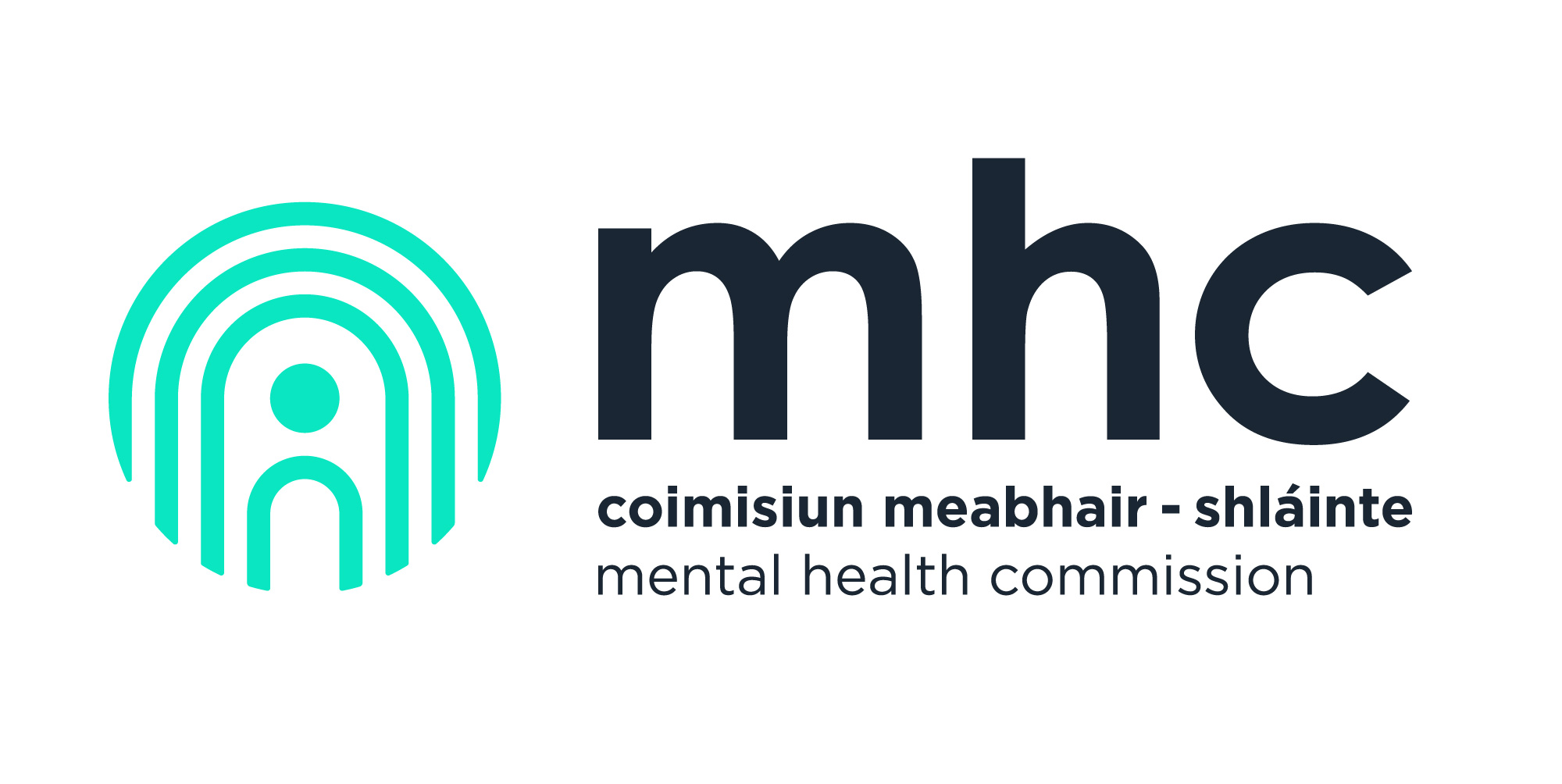The Mental Health Commission (MHC) has found two inpatient centres in Dublin to be unsuitable for the provision of modern mental health services, while five inpatient centres were over 90 per cent in compliance with regulations.
These figures come from newly published inspection reports for eight approved centres based in Dublin. The inspections found 27 non-compliances with regulations across the eight centres, with inspectors finding that two centres were not suitable for mental health services.
In relation to the two centres identified by inspections to be unsuitable for mental health services, and the critical and high-risk non-compliances for the regulation on premises, the inspections found bedrooms not appropriately sized, insufficient personal space in four-bedded dormitory bedrooms, limited space for residents to move about, rooms not ventilated, premises not maintained in good structural and decorative condition, ligature points not minimised, limited access to outdoor space, premises not kept in a good a state of repair externally and internally and centres not clean and hygienic.
The MHC inspected the Le Brun House and Whitethorn House, Vergemount Mental Health Facility located within the grounds of Clonskeagh Hospital, Dublin.
“The approved centre consists of Whitethorn Ward, which provides the continuing care of adults with enduring mental health needs and Le Brun House, a specialist mental health service for people over the age of 65,” according to the MHC. “Significant improvements had been undertaken to the fabric of the building which included extensive redesign and refurbishment of the internal garden in Le Brun House. However, the accommodation was not suitable for delivering a modern mental health service, in particular for elderly people.”
The MHC also inspected the Jonathan Swift Clinic located within the St James’s Hospital campus in Dublin. “The centre received an overall compliance rate of 84 per cent down seven percent on its compliance rating in 2021,” according to the MHC. “The inspection found that the premises is unsuitable for the provision of mental health services.”
The Inspector of Mental Health Services, Dr Susan Finnerty, said that despite all the efforts of staff in providing excellent care and the high overall compliance rates across the eight inspection reports, “if the buildings are not suitable for mental health services it is not possible to be compliant with the regulations”.
“While we recognise the investment in premises to date, the current approach to structural improvements is inadequate,” said Dr Finnerty.
“To ensure every person in Ireland can access an environment conducive to recovery we require a funded strategic capital investment programme.”
Chief Executive of the Mental Health Commission, Mr John Farrelly said there “is an overall trend of increasing compliance with regulations in approved centres in Ireland”.
“This increase is positive evidence that regulation works in increasing standards and quality of care for patients. To address the non-compliance findings set out in the inspection reports, there is an urgent need for leadership and governance to address the thorny issue of unsuitable premises.
“Unless there is investment in a small number of buildings in the State, approved centres will continue to be non-complaint with regulations, and we will continue to fail the patients in these centres.”
Full reports available here https://www.mhcirl.ie/













Leave a Reply
You must be logged in to post a comment.